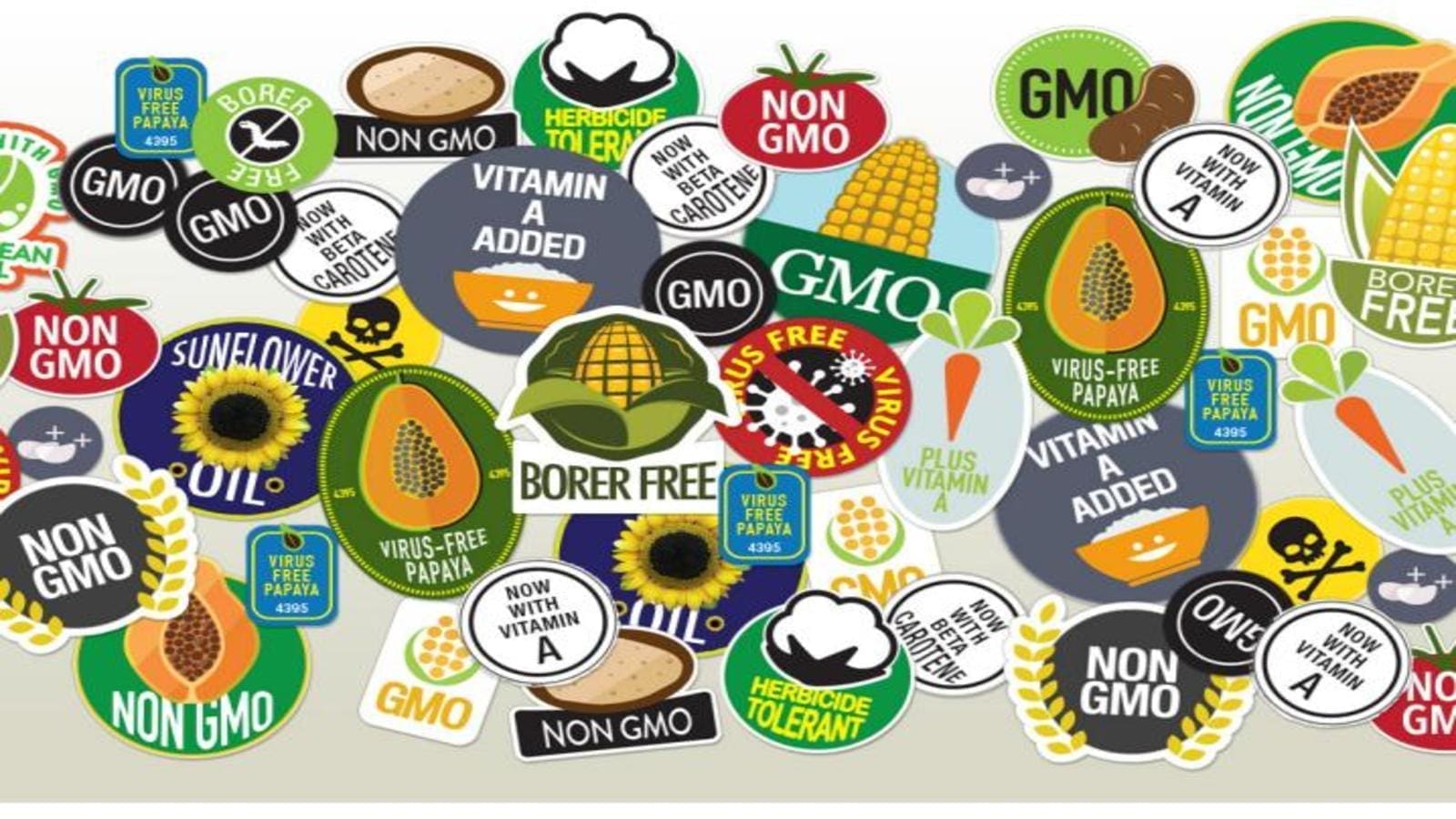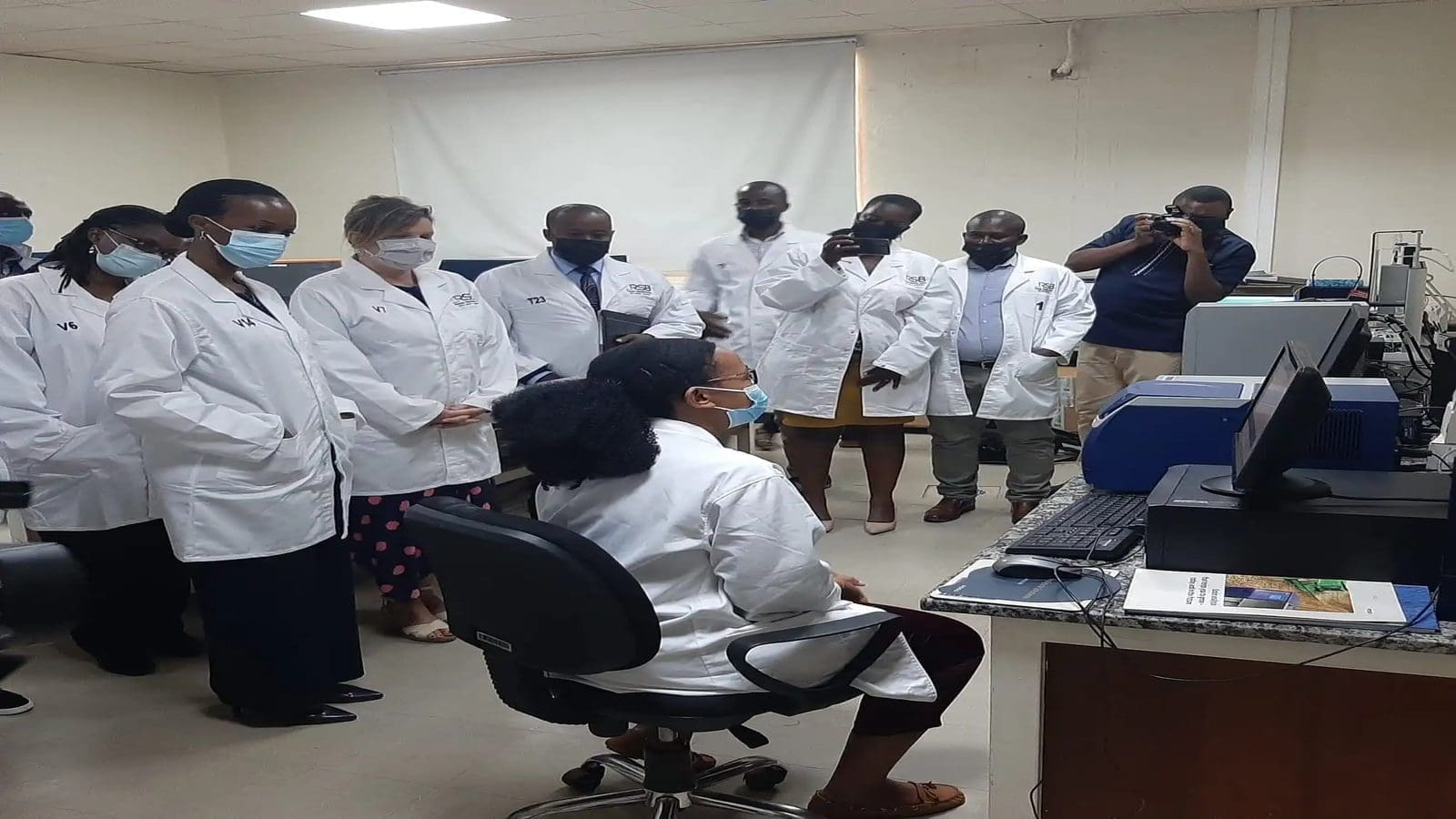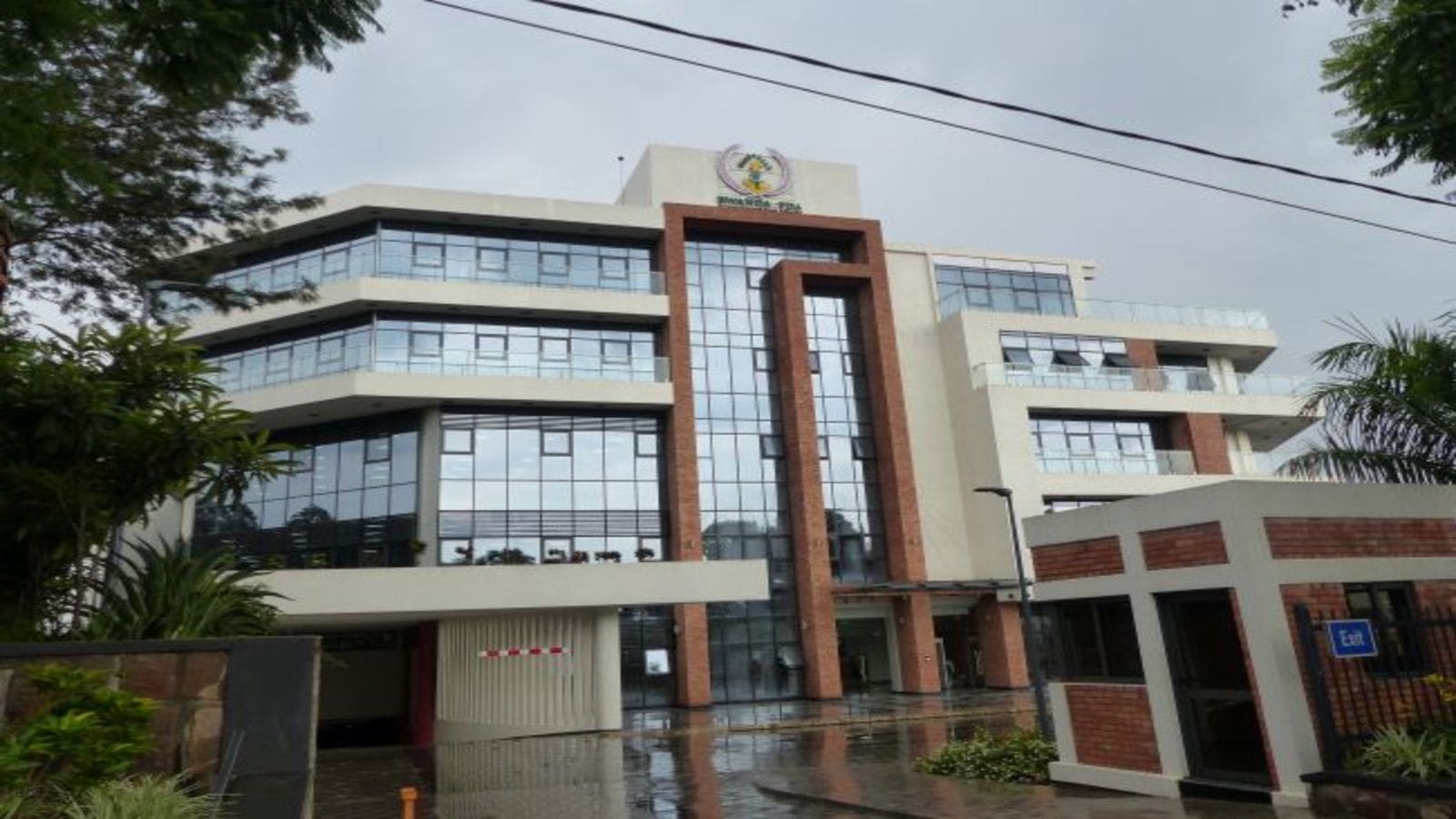AFRICA – The African Union (AU) is developing guidelines for the use of genetically modified (GM) crops across the continent, amid censure from campaigners that some policies favor giant businesses and lack adequate public input.
Despite a concerted push by donor-funded schemes to expand the use of such crops in Africa, they have not been widely adopted by the millions of small-scale farmers that make up the backbone of the agricultural sector.
The AU, in a draft report on its proposed guidelines, highlighted that only seven countries – South Africa, Sudan, eSwatini, Ethiopia, Malawi, Nigeria and Kenya – have approved the commercial production of GM crops, mainly insect-resistant cotton.
“While very sensitive, GMs are already in Africa, and some countries are using it at various stages.”
She said the guidelines were to protect consumers and countries from oblivious consumption of GM products.
The AU draft report highlighted that the food, feed and environmental safety controversy surrounding genetic engineering technology, in particular, makes continental guidelines extremely significant.
Proponents of Genetically Modified Organisms (GMO) hope the guidelines will improve crop yields and food security, as farmers battle the effects of climate change. In their opinion, in the absence of GMOs, Africa could struggle to feed its rapidly growing population expected to nearly double to 2.5 billion by 2050.
Yet another group of anti-GMO activists seem to dispute the view that widespread hunger can be eradicated with modified crops, which they say often pin down poor farmers into a debt cycle of buying high-priced seeds and agro-chemicals.
“This is bad for African farmers. It really is just about the corporate infiltration of African agriculture and tapping the massive untapped market.”
The AU did not provide a timeline for when the guidelines would be published or details about the process. However, as stated by SABC News, some activists have revealed that the plans are being finalized and could be sent to an October AU summit for possible adoption.
A different set of guidelines aims to promote the harmonization of seed regulations across the continent, including on quality and intellectual property.
Liked this article? Subscribe to Food Safety Africa News, our regular email newsletters with the latest news insights from Africa and the World’s food safety, quality and compliance. SUBSCRIBE HERE








